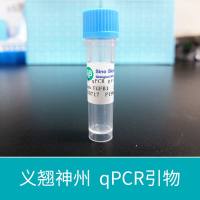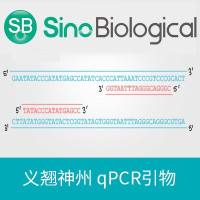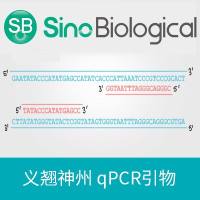Genotyping SNPs by Minisequencing Primer Extension Using Oligonucleotide Microarrays
互联网
708
A promising approach towards high-throughput genotyping of single nucleotide polymorphisms (SNPs) is to use arrays of immobilized oligonucleotides in miniaturized assays (1 ,2 ). A significant advantage of performing the assays in microarray formats is that the costs of genotyping are reduced because many SNPs are analyzed simultaneously in each sample, and because the reaction volumes employed on the microarrays are small. The three major reaction principles that are currently in use for genotyping SNPs, namely hybridization with allele-specific oligonucleotide (ASO) probes (3 ), oligonucleotide ligation (4 ) or DNA polymerase-assisted primer extension (5 ) have all been utilized in microarray-based assay formats. Simultaneous genotyping of multiple SNPs by ASO hybridization is hampered by the poor specificity of ASO probes to discriminate between SNP genotypes in large, diploid genomes (6 ,7 ). Therefore the enzyme-assisted methods are gaining acceptance as more specific alternatives than ASO hybridization for multiplex SNP typing (8 ,9 ).









